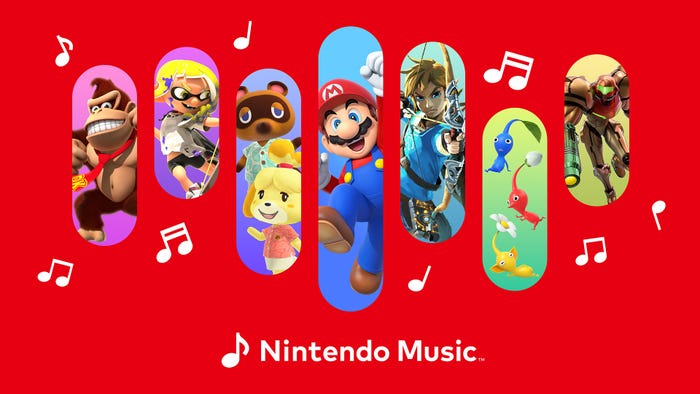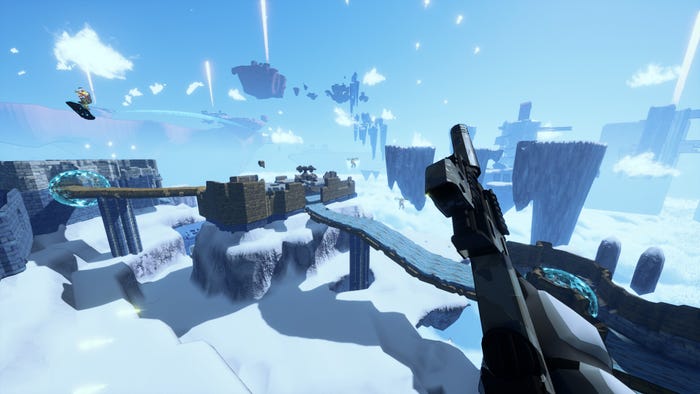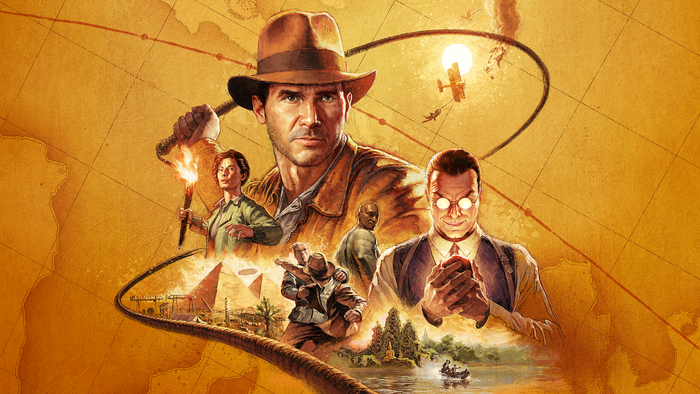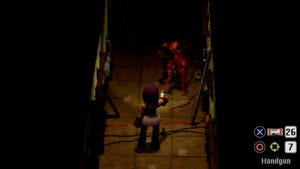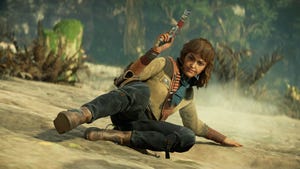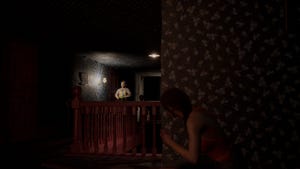DICE: Matsuura Sees More Possibilities For Music Games
Addressing an audience at the DICE Summit, NanaOn-Sha founder Masaya Matsuura called for more original music in rhythm games, and expressed his disappointment that more games aren't being used to further cultural good.
February 8, 2008

Author: by Brandon Sheffield, Leigh Alexander
When one thinks of the rhythm game genre, one often thinks of NanaOn-Sha founder Masaya Matsuura (Parappa, Vib Ribbon). But, Matsuura told an audience at the DICE Summit, "at the end of the day, I’m really just a musician looking for new outlets." "When I released Parappa, not many people were in this space," he said. "Now, music games are a genre of their own. I’m happy to see that the genre has a huge following in North America.” Matsuura revealed that he played a role in the development of the Guitar Hero phenomenon with a little savvy foresight: "Back when Parappa was big news, Harmonix came and showed me some interactive music software. I advised them at the time that it should be a game. Now, years later, I can smugly say that I was correct.” Yet Matsuura said there's more to be done with music and games. “The history of music games which I helped create is still very young. So what’s required for this genre to evolve?" Making Room For Original Music "Maybe collaborating with cool musicians is a good start," suggested Matsuura. "The recent success of music games in the West is often based on licensed music. We need to move beyond this." “We are currently wasting our use of music," added Matsuura, suggesting that adding music last and making musicians tailor its design around other elements limits an artist's creativity. "Most musicians create music in their own way if they’ve not been asked to make something specific. Many audio directors don’t even think about making music until the art and design is all finished,” he said. His advice to musicians, then? "If you want to create something, you must continue to create your own work also. If an artist only works on things that come through him from job offers, all he’s doing is production. He’s not creating music on his own." Additionally, Matsuura believes that creating music is a "very solitary creative act," but the team environment of game development might mean too many opinions in one place, and individuals not getting a chance to be heard, Matsuura thinks. "Lately a lot of developers have told me they’re developing casual games by themselves. Being able to create things by yourself is a very important thing," he said. New Opportunities For Music Games According to Matsuura, the music genre is "outgrowing itself," and more possibilities are opening for it. For him, that means challenging familiar game mechanics. "I don’t think the future is bright for our industry if we continue making games that rely on physical attacks as a way to determine superiority,” he said. What if in the far future, a look back on 20th century history showed video games recorded as a way to experience violence, similar to how ancient Roman gladiators are evaluated by today's standard? "I think it’s an error for video games to carry out actions of great responsibility, without any relationship to that real responsibility,” warned Matsuura. Major Minor And The Tangible Future Given that Matsuura's next title, Major Minor's Majestic March, is coming out for the Wii, Matsuura talked about some of the design decisions. "Music games need input immediately, and this is not a strength of motion-sensing controllers. We decided to instead allow the player to control the tempo, by waving the Wii remote as a baton.” The touch factor is important, he says. "I’m anticipating an evolution in tangible experiences. One day we’ll look back on this era when all our virtual experiences were trapped behind the screen. The wider scope will eventually make the word ‘game’ unable to describe our full capability with tangible experience." Untapped Potential He continued, “Games are important media that actively help us experience new ideas. Other than games, media require prior knowledge in order to understand and appreciate them. With games, you can potentially understand what’s going on in an instant. However, games also have the ability to touch deeper emotions also." Because of this power, Matsuura says he's often disappointed in the ways games don't use it. "I think today we are lacking from an understanding of mutual differences. That games are not helping this understanding is very saddening for me.” Overall, Matsuura believes in the power of games as a communicative tool: "As I grew up, I had a lot of interest in Western culture. So I’d like Western developers to create more games that can interest Japanese people, like me, so that future generations can experience what I did."
Read more about:
2008You May Also Like
